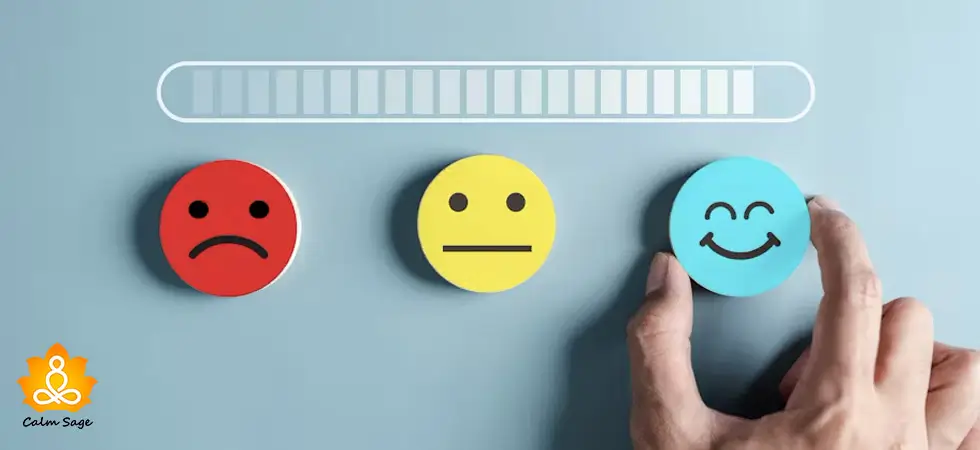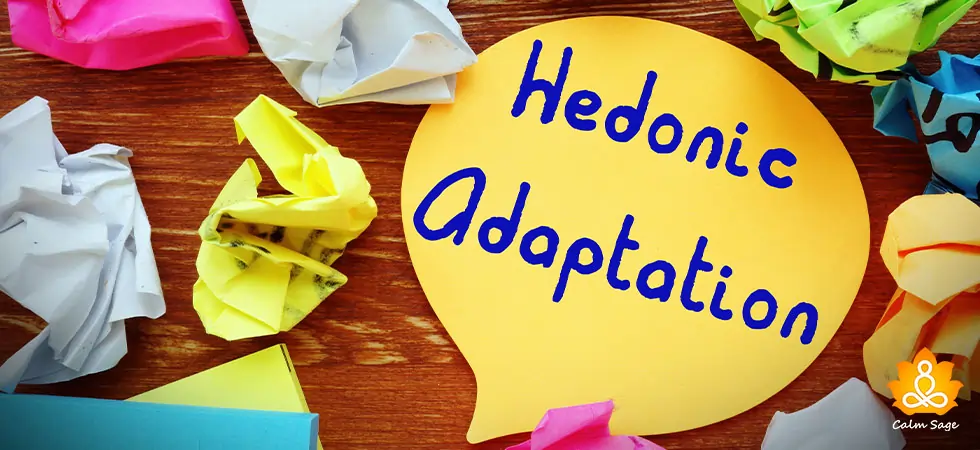Brain Fog Can Slow You Down – Tips To Clear Brain Fog Instantly!

Brain feel fuzzy? Is your brain slowing you down? Feeling unmotivated when you should be energized? It could be brain fog. Brain fog can be nerve-wrecking and can slow you down – mind and body.
Brain fog can make it harder for you to focus, memorize simple things, think logically, and solve problems efficiently. If you are struggling with brain fog then your thoughts may feel clouded. Also known as mental fatigue, brain fog can also cause a low mood, low energy, and short-term forgetfulness.
While it’s not a scientific term, it can still be considered a mild cognitive dysfunction that can be caused by anxiety, depression, stress, hormonal changes, poor sleep, nutrient deficiencies, and medications. We all experience moments when our thinking isn’t sharp but more often than not those experiences are temporary.
In a 2021 study, it was found that 7% of people with COVID-19 experienced brain fog. Experts believe that many different factors cause brain fog so there is not a single way of treating this cognitive dysfunction.
However, if your brain fog is making your everyday life challenging, it is recommended that you speak to a professional. Although, if your brain fog isn’t serious and is only making you feel slightly fuzzy, then making simple lifestyle changes can help.
How To Clear Brain Fog?
1. Take A Break
If you’ve felt you can’t focus on a task no matter how you tried, you’re not the only one. In research, it was suggested that trying hard when your mind isn’t focusing is not the right solution, however, briefly walking away from the task could be. Taking a break can improve your performance, and focus, and improve your self-control.
Taking a mental break can also help. Using your smartphone to scroll through social media does not allow your brain to relax and recharge. To take an effective mental break, you can:
- Meditate for a few minutes
- Call a loved one
- Take a power nap
- Engage in something creative
- Taking a stroll outdoors
2. Change Your Diet
While candy and chips can be beneficial in providing instant gratification and energy, they can’t be good for your brain when you’re struggling with the symptoms of brain fog. Calm down! I’m not taking away your “junk food stash”. All I mean is, add some more nutrients to your meals and snacks.
Food groups high in antioxidants can reduce stress and positively impact your brain (and body). Try to add more blueberries, oranges, and nuts to your diet. You can also add foods such as fish to your diet. Fish has high omega-3 fatty acids that can help lower cognitive decline.
Also, as much as you can, drink water. Staying hydrated can also positively affect your memory and improve your mood.
3. Adopt An Active Lifestyle
Whether you believe it or not, your brain and body are connected so when your brain is feeling fuzzy, your body may too. To keep your brain active, you need to adopt an active lifestyle which means you need to get moving.
There are many exercises you can do to improve your cognitive function. Exercises that encourage the proteins in your body, the more chance of improving your brain function is there. Hence, lowering anxiety and depression. The right exercises can also lower chronic fatigue and pain while helping us distract from our negative thoughts.
You can try exercises such as:
- Walking (At least 10-15 minutes a day)
- Yoga
- High-intensity exercises
- Gentle stretching, and
- Gardening!
4. Lower Consumption Of Caffeine And Alcohol
Caffeine is one of the most popular drugs consumed and we’ve become addicted to it. While caffeine can have its benefits, it can also affect our brain function (and not in a good way). In moderation, caffeine (and the occasional drink) can be ok but excessive caffeine and alcohol consumption can make us a jittery mess, give us headaches, upset our stomach, and increase our heart rate.
Caffeine and alcohol can also significantly impair our cognitive function. And this effect can be worse when we’re talking about withdrawal and sensitivity to these beverages. The symptoms of brain fog aka fatigue, headache, and vertigo, can all be experienced when you take these beverages in more than moderate amounts.
Lowering the consumption of caffeine and alcohol can be a good step if you want to get rid of (or avoid) brain fog.
5. Catch Restful Zzzs
Sleep deprivation can be harmful to our brains and bodies. When you don’t get enough sleep, your ability to make decisions, solve problems, and manage your emotions. What’s more, is that sleep deprivation can also increase your risk of chronic health problems including heart diseases and obesity?
You can catch restful Zzzs by making simple changes to your night routine such as:
- Having a regular sleep-wake cycle
- Turning off your electronics at least 2 hours before bedtime
- Avoiding caffeinated beverages and nicotine
- Having the temperature in your bedroom cool
If you’re wondering, “Does brain fog go away?” Well, rest assured, brain fog is a temporary cognitive dysfunction, one that can make you lose focus, recall and retain information or memories, and make it harder for you to complete your daily tasks.
With little changes in the lifestyle, you can get rid of brain fog, however, if it continues to disrupt your routine and other aspects of your life, then professional consultation is recommended.
For some people, brain fog can be an underlying symptom of disorders such as anxiety, depression, and stress and for others, it can be a temporary stressor (that can be easily eliminated).
I hope this blog helped you understand how to clear brain fog. For more, you can write to us at info@calmsage.com or DM us on social media. You can also share your favorite tips to get rid of brain fog in the comments below.
Take Care!




















